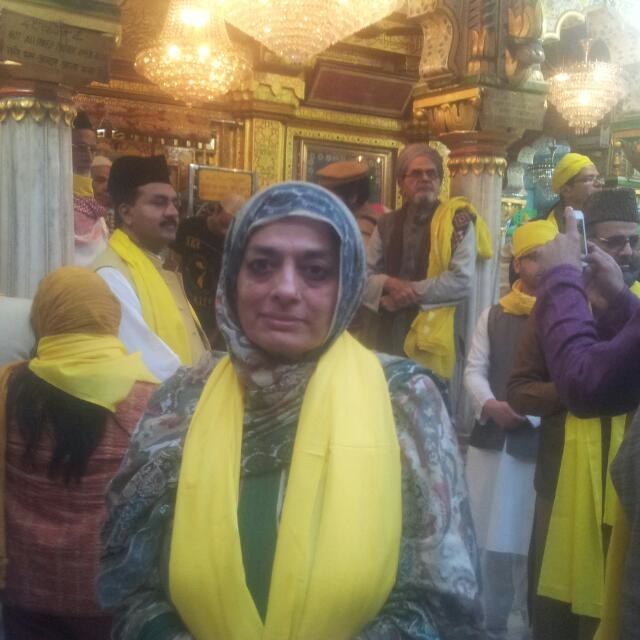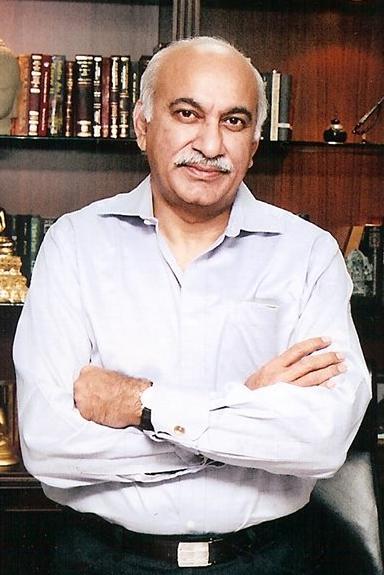Every government in India has either created new welfare schemes or continued with existing ones. That these schemes have failed to reach the masses can be gauged from the following four stories.
Salauddin Qureshi’s family seems to be living a normal life. The truth is otherwise.
Living in the Urdu Bazar area of Darbhanga, Bihar, Qureshi, like many others, sleep every night on hope. His modest one room abode is home to eight members of the family. Salauddin finds it difficult to manage meals but makes sure that his children attend a barely functional government school.
Government schemes have not reached this family and neither is the government listening to Salauddin’s woes. The village head has nothing for him and the society shows no respect. “In such circumstances, I struggle to find a job,” says Salauddin. “If I miss one day of work, my kitchen stops. It’s not easy to earn two meals a day and at the same time send your kids to school!”
“Girls are not a burden but poverty has forced us to think differently! I wish God ends this life and spare us from further misery. I’m not a pessimist but somebody has to come forward and see our plight. So far I’ve only heard of schemes – we’ve never benefited from them. I send my kids to school so that they learn a few wordly tricks and get out of this mess.”
Salauddin’s wife Shajra Khatoon shares her own struggles. “The day seems to last a eternity. Till the time he is not back from work, I keep thinking whether the kids will have anything to eat for the day. As adults we can control our urge but how does one handle hungry little souls in your arms. Sometimes it’s mere request and assurances that the kids have in place of a meal.” Continue reading “Government Welfare Schemes for whom?”
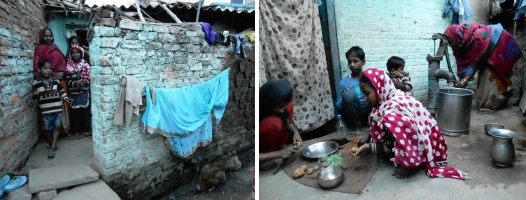

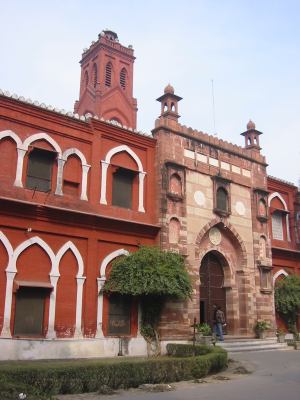
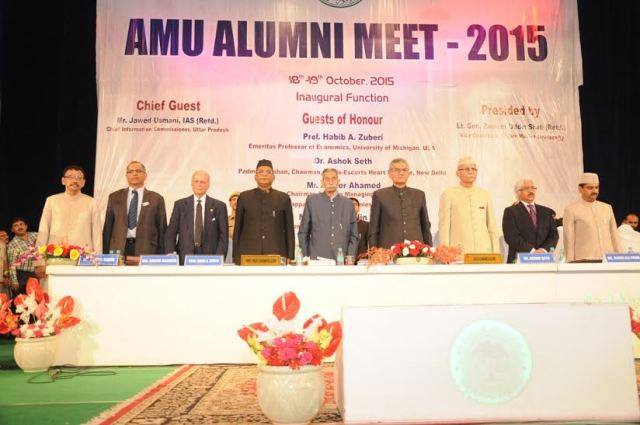
 Amidst the usual interest and misrepresentation of facts related to Indian Muslims’ population, the following figures tell a different story altogether.
Amidst the usual interest and misrepresentation of facts related to Indian Muslims’ population, the following figures tell a different story altogether. Education comes in many forms when experience is your teacher. I recall the day when I was part of a delegation to some muscular regional satrap. There was only one point on our agenda: the extent, quality and depth of education among minorities, with a stress on how to do far more for the Muslim girl child. A worthy cause brought together a worthy lot: an assortment of editors, educationists, NGO heads, marginal do-gooders. We sat in the room adjacent to the satrap’s office with beatific smiles on our faces. After the compulsory wait, we entered his sanctum in a solemn file.
Education comes in many forms when experience is your teacher. I recall the day when I was part of a delegation to some muscular regional satrap. There was only one point on our agenda: the extent, quality and depth of education among minorities, with a stress on how to do far more for the Muslim girl child. A worthy cause brought together a worthy lot: an assortment of editors, educationists, NGO heads, marginal do-gooders. We sat in the room adjacent to the satrap’s office with beatific smiles on our faces. After the compulsory wait, we entered his sanctum in a solemn file.
